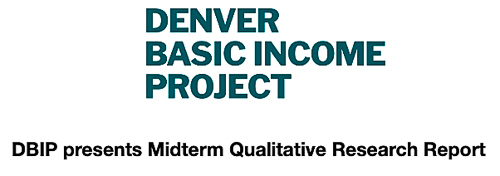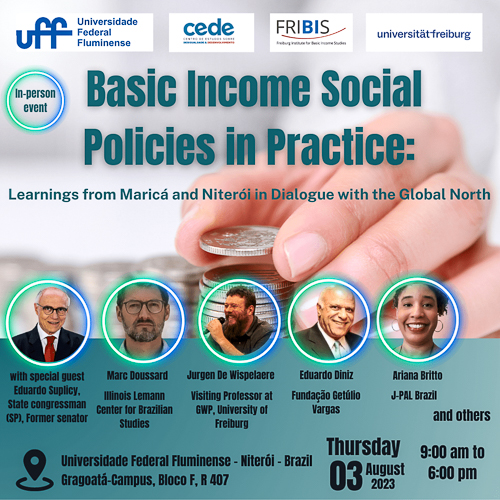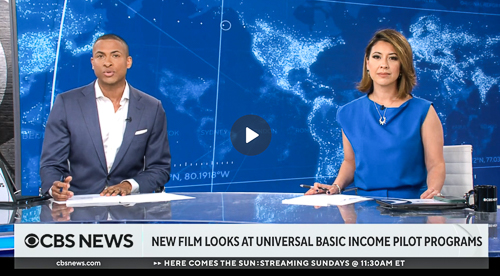
by Peter Knight | Jul 18, 2023 | Events, News
The Denver Basic Income Project’s Midterm Qualitative Research Report has been completed by its research team with the Center for Housing and Homelessness Research and the preliminary findings show that providing unconditional cash payments to the unhoused community can make huge impacts in helping them achieve financial stability.
Please join DBIP for a virtual press conference on Wednesday, July 19 at 9 am MT where they will share the key takeaways from the report and allow time for questions. You can register for the press conference here.

by Peter Knight | Jul 18, 2023 | Events, News
Since the early 2000s, the emergence and continuous growth of cash transfer programs define the main stage in the discussion surrounding the future of social protection. While established first in Latin America, programs focussing on direct cash transfers have spread throughout various countries and contexts. Parallelly, a debate developed on the advantages and disadvantages of the conditionality and unconditionality of cash transfers as social policy mechanisms.
The municipality of Maricá established the Renda Básica de Cidadania in 2013 and since then, expanded it majorly. Today, it is the largest basic income program in Latin America. It is based on the circulation of a digital community currency, called mumbuca, which creates a broad network of local exchange within the municipality. Meanwhile, the Moeda Social Arariboia in Niterói was established in its current form in 2022. While the Niterói policy carries some similarities with the policy in Maricá, it also differs in various points.
Read more and register for the workshop

by Peter Knight | Jul 17, 2023 | News
UBI4ALL is delighted to announce that it is now open to the world! 🎉 They are excited to extend their registration to individuals from all 201 countries worldwide.
To read more, click here.

by Peter Knight | Jul 11, 2023 | News
In the second episode of UBI4ALL’s #checkoutbasicincome podcast, Sarath Davala, Chair of the Basic Income Earth Network (BIEN), is interviewed.
In this episode Sarath tells about his life experience: how he became a UBI activist, when before he was skeptic about the idea. He also discusses what he learned in the well-known basic income experiments that took place in India.
Biographical note: Sarath Davala is an independent sociologist based in Hyderabad, India, and is currently the Chair of the Basic Income Earth Network. After a stint as a professor at IIM Bangalore, he switched to the voluntary sector and worked closely with several NGOs and trade unions in India and abroad. He has worked closely with the Self Employed Women’s Association (SEWA), and was the Research Director of the Madhya Pradesh Basic Income Pilot Study that was conducted between 2011 and 2013 in India by SEWA. He is the co-author of the book: Basic Income: A Transformative Policy for India. He is currently co-directing another basic income pilot project with waste collectors in Hyderabad.
To listen to the podcast on Spotify, click here.
To listen to the podcast on Facebook, click here.

by Peter Knight | Jul 8, 2023 | News
“Just a few years ago, the idea of giving people money with no strings attached was seen as ludicrous in mainstream policy circles. This week, a documentary on so-called “guaranteed income” programs premiered at the Tribeca Film Festival that underscores just how much currency the idea has gained.” To read more click here.






